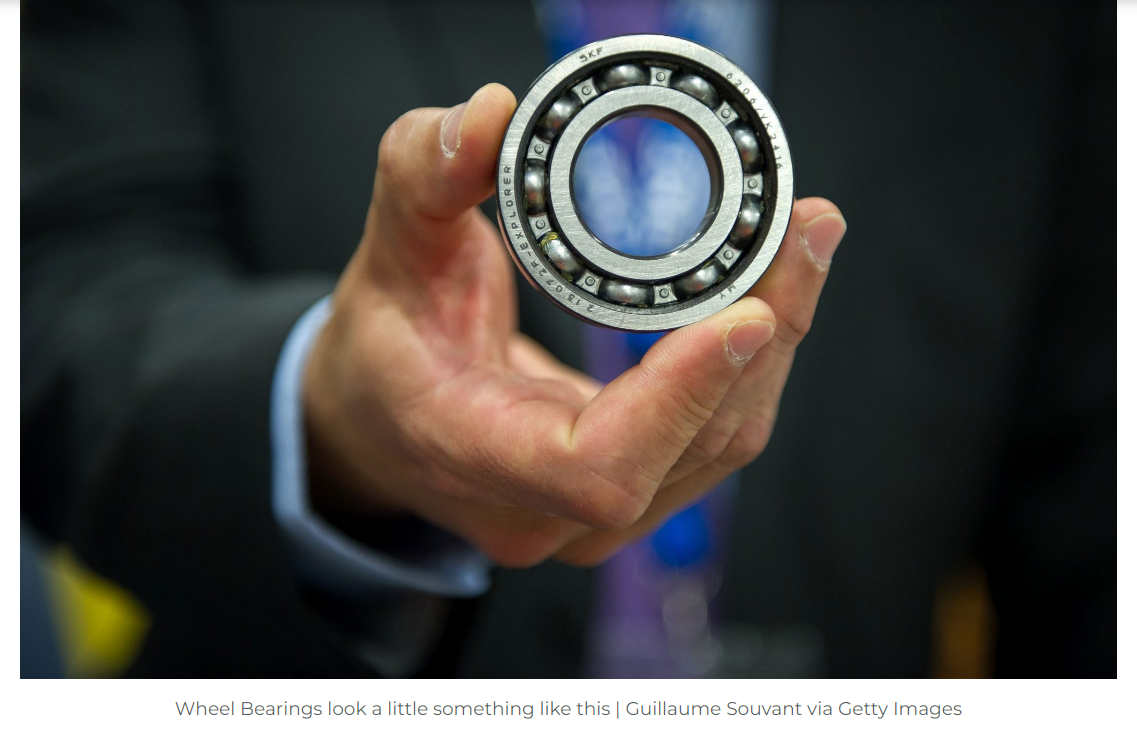Welcome to Sino Bearings web
24x7 HOTLINE:+86-28-81454188

 TECHNOLOGY
TECHNOLOGY
If you’ve got all three of those symptoms, you’re looking at needing to replace the wheel bearings on your car. Unfortunately, pinning down a cost for such a broad item is tough. KBB says it’ll run you about $350 for a bad wheel bearing, but that cost can swing wildly. If you have a luxury car like a BMW or Audi, those parts will cost more. I called my shop to see what it’d run on my E46 BMW M3, for example. They told me it’d be about $1,000 to do all four bearings.
Thankfully, things become a bit more reasonable if you’ve got a more affordable used car than me. High-end, depreciated German sports cars are often pricy to fix. KBB estimates the repairs on a used Honda Civic from 2012 to be roughly $500. Reasonable, but keep in mind that if one bearing fails, the rest aren’t far behind.
You can replace bad bearings yourself- if you have lots of tools
But what about the DIY route? It’s certainly cheaper, but only if you’ve got the tools. Do NOT do this if you aren’t a somewhat experienced mechanic. Specific torque specs must be adhered to, and if you don’t know what that means you need to just go to a mechanic. But there’s money to be saved. That 2012 Civic bearing is only $114, meaning you can swap all four for the cost of getting one done should you want to DIY things. No matter what, if you’ve got any excessive noise, grinding, or poor handling, you need to have your wheel bearings examined.